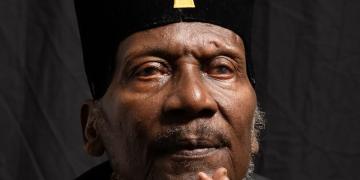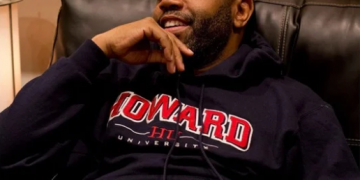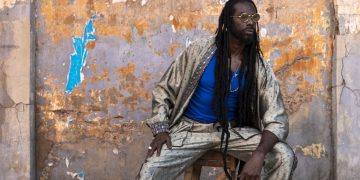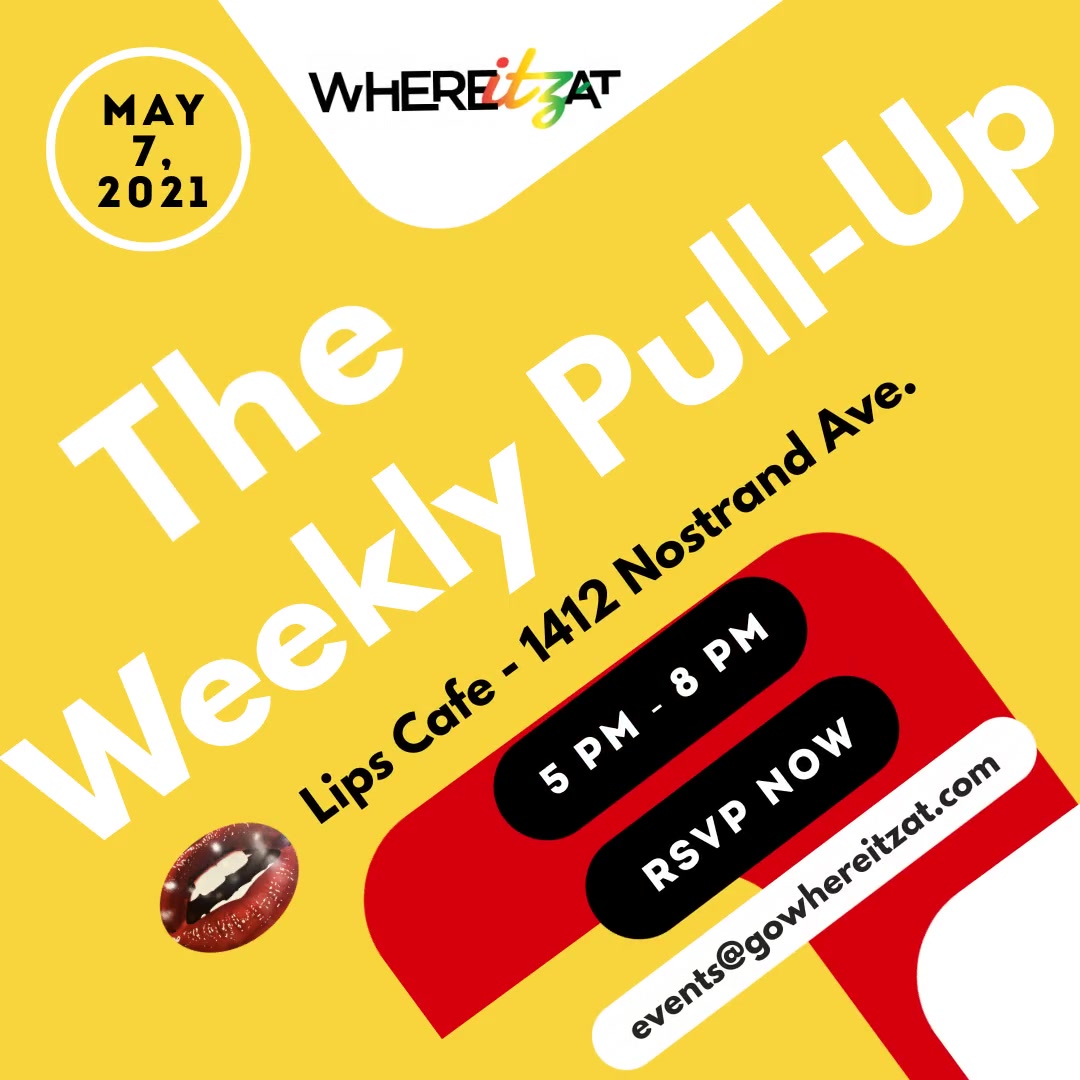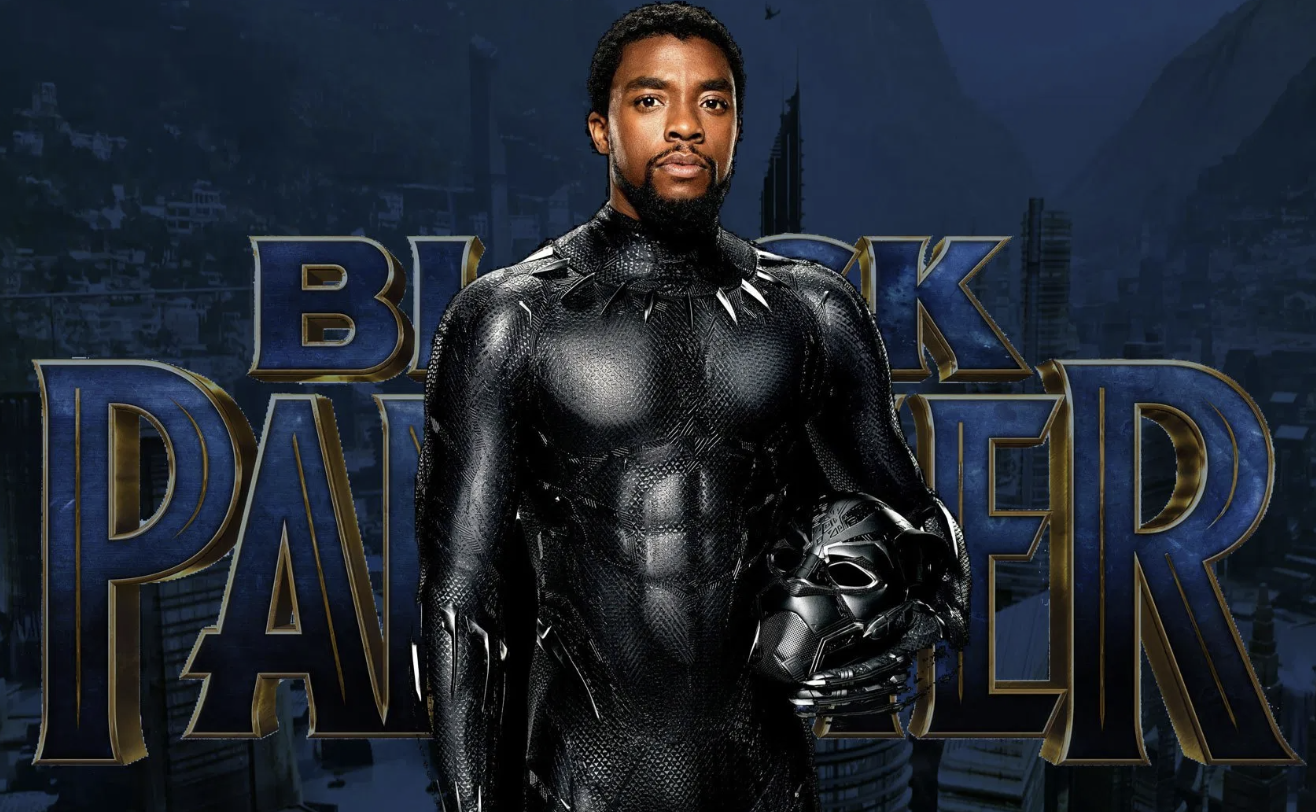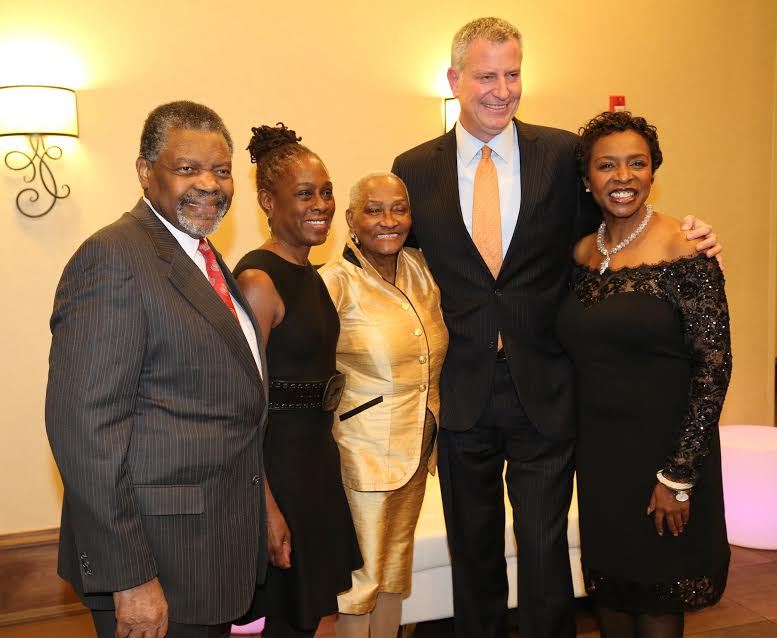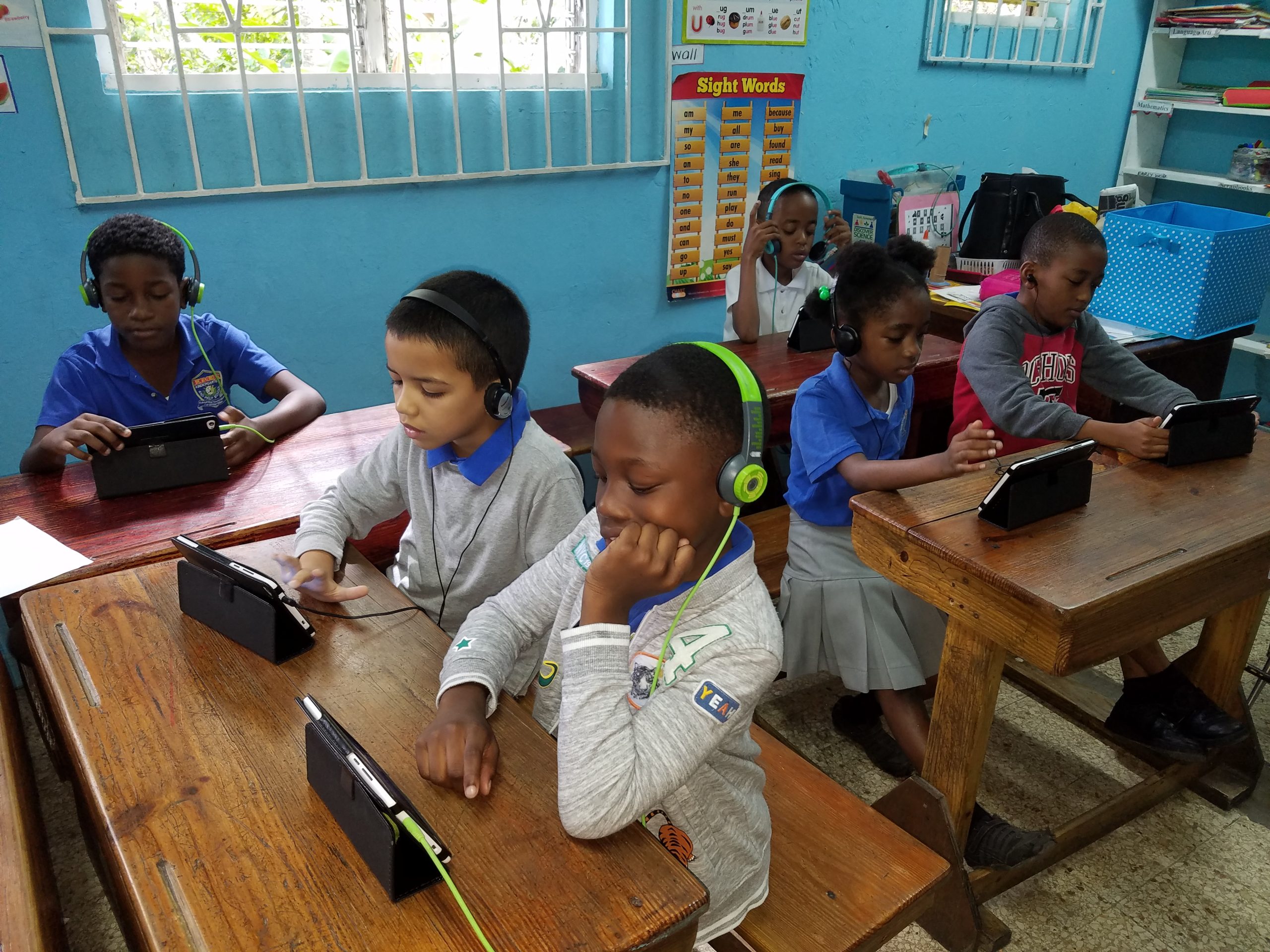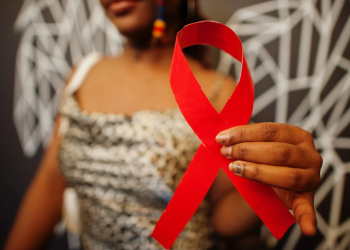By Chris the Teacher
Webster Dictionary defines a hero as a person who is admired for great, brave acts and/or fine qualities. Synonyms include idol, luminary, demigod, and paragon. For me, I have a different set of synonyms to assign to my hero, Captain Jophiel Philips. They include friend, teammate, and brother.
After transferring from Hofstra University following his red-shirt freshman year, Jophiel Philips arrived to Stony Brook University in the fall of 2001. Jophiel, affectionately referred to as Joph or Jophie by friends and teammates, was a standout wide receiver at St. Francis Prep High School in Queens.
He joined me and others in a tight knit group of fun, talented, and diverse wide receivers and fit in perfectly. Skilled, athletic, hilarious, and helpful, Joph possessed all the qualities that one could want from a guy that was going to be at your side during a conflict. Unbeknownst to him at the time, these traits would serve our country well in the future.
We shared a mutual passion and always discussed Mets baseball at football practice. “As a kid, my mom would get home very late from work, and would send me to bed. I would never get to watch the end of games,” Captain Phillips says of his childhood days as a Queens resident and fan in the late 1980’s. ”My parents were immigrants from India, but they knew I loved sports, specifically the Mets, so they tried to encourage it as much as possible.”
He tells of the days when his father, who knew nothing of the game of baseball, would take he and his cousin Manu to games on Friday nights at Shea Stadium because there were five dollar ticket specials and they lived less than ten minutes from the team’s former home.
“I had this small radio that I hid under my bed. Once Mom sent me to bed, I would put in an earphone and try to visualize the game.” He had a well known sound track that would send him off to sleep. “Bob Murphy and Gary Cohen brought the game to life for me. Those two voices are cornerstones of my childhood.”
The first time I asked him his favorite Met, I was taken aback by his answer. “No question, Rick Reed.” When asked to elaborate on why, he would always say, “He was stigmatized as a scab during the (1994) strike and never let it bother him. He went out and consistently did his job. He just wanted to play; wanted a shot. He got it, and had some great seasons as a Met.”
Last year, when my dear friend gave me the news that he was getting deployed to Afghanistan, I knew it was important that he stayed current with his first love, The Mets. We emailed at least weekly, and I would send him some videos that I took at games and interesting articles I read that would give him a little taste of home.
“Reading those emails, checking the scores when I could, that kept me going. It kept me grounded and reminded me there was another world waiting for me,” Philips said. “The importance of sports over there [deployed location] to soldiers can not be understated. Guys would huddle around a small TV and have great times.”
The emails continued back and forth throughout the lean weeks of June and into July. An excerpt from one of those communiques details him getting the news about the infamous ‘Flores game’ against the Padres. “I watched the clips in my office….I started crying. Everyone around made fun of me,” Phillips recalls sheepishly, “He just wanted to be part of the team. It made me think about home. I thought about his love and passion for Queens, New York, and the Mets. I got nostalgic.”
I sent him a self made video of Lucas Duda’s first inning home run during the Sunday night game when the Mets swept the Nationals at the trade deadline. He replied with a reaction video of his own, smiling ear to ear.
While I was in Tampa for a Mets road trip in early August, one of my emails went uncharacteristically unanswered. After mentioning it to a friend that I was with, he began to look nervous, like he knew something. He asked me to confirm where Joph was stationed. I replied Kabul, and he handed me his phone to see this.There were multiple deadly attacks. Servicemen had been killed, and I did not know if my friend was one of them.
Captain Phillips survived that fateful night. One of his brothers in arms, however, did not. He explains,”It was just a Friday night. We had finished up a group workout. I was cleaning up and all of a sudden I was seeing over an eight foot wall without jumping.”
He had been a mere fifty feet from a 750 lb vehicle borne IED, or Improvised Explosive Device. It killed six men on detonation and launched him what he figured to be about 15 yards from where he was standing.
“I was knocked unconscious and woke up on the top of the base Chaplain who was wounded from glass and shrapnel. I knew I had to drag him to his quarters or else he would certainly be killed.”
What Captain Phillips was unaware of at the time, was the four insurgents that had breached the entryway of the base. All wearing suicide explosive vests and armed with automatic weapons, they were threatening to seize or destroy his base. He struggled to his feet suffering head trauma and multiple lacerations.
Green Beret 1SG (First Sergeant) Andrew McKenna was the first to begin defending Camp Integrity, the special operations base that was made up of members from all branches of the armed forces as well as Nato troops. Another brave man, Master Sgt. George Vera, who was gravely wounded in the attack, soon followed.
“If 1SG McKenna did not selflessly run towards the danger to defend us, the entire base would have been lost that day. He stopped the insurgents from advancing further into the base as he engaged them with his weapon. After McKenna was hit, for a second time, MSG Vera stepped up to prevent enemy advancement. He too was shot and wounded.”
Jophie began to drag the Chaplain back to his quarters and planned to pick up a weapon to get into the fight, despite his injuries. His path, though, ran him directly through the crux of the battle.
“It was the longest twenty feet of my life. But if I stayed where I was, we were dead. I was unarmed and dragging a wounded man. We had to move”.
Move he did. Using all his strength and athleticism he nimbly circumvented the battlefield and laid the ailing chaplain in his quarters. Jophie grabbed his rifle and headed toward the fight. He was ordered by a commanding officer to stand down due to his injuries and was loaded onto a Chinook helicopter for immediate medical evacuation.
From the base to the hospital in Kabul, according to Captain Philips, was about a 2 minute flight. He recalls “Nurses putting themselves in harms way to try to save First Sgt. McKenna. The helicopter was wide open on the sides and bullets were passing through as we took fire.”
The nurses would not waver from their task, despite the imminent danger. Sadly, they were unable to revive First Sgt. Andrew McKenna, who perished on August 7th, 2015. He was posthumously awarded the silver star.
“That man is my hero. 1SG. Andrew McKenna taught me to be ever vigilant; always ready and prepared. I know that myself and many others would be killed if he did not defend us,” Captain Philips lamented. “The way that he and MSG Vera answered the call, represents the best of America’s best.”
After a five day stay in the hospital, Captain Phillips was sent back to Camp Integrity. “I was not fit. I was in bad shape, but I wanted to be back with my group”. After a few days, the people around him noticed his condition and he was sent to Germany for observation and evaluation. It was here Jophie learned that he was no longer deemed fit for his current deployment and would be sent to a location where “Wounded Warriors” in the Special Operations community are sent to heal.
His experience draws eerie parallels to the Wilmer Flores scenario he discussed earlier. “Oh I’m not ashamed to say I cried. I wanted to be with my team. I wanted to be with those guys to defend our country and do my job.”
Communication with Jophie was sporadic after the attack. I knew he was alive, but he was moving around a lot. I got word he was awarded a Bronze Star as well as a Purple Heart.
Jophie was granted five days leave to come home and see his family in early August. He gave me a call and told me he was back and wanted to go to a Mets game in the worst way. He just wanted to feel normal again.
The club had heard about his experience and sent some shirts overseas to Camp Integrity to help buoy his spirits, however he was already home. As he recalls, “I got a call from a commanding officer at Camp Integrity who got the package since I was already stateside. He is a Red Sox fan and about forty years old. He jokingly asked me ‘Where can I send you this garbage before I burn it’”. Captain Philips was very appreciative of the support that the organization showed him.
“Going to that game, being home and safe in Queens, watching the Mets with my fiance’, it was very emotional. It was less than a month since the attack. It was such a different world in such a short amount of time.”
The Mets topped the Phillies 9-4 that night behind a barrage of home runs. One of the unique, inside the park variety by Ruben Tejada. I recall Joph’s face and happiness as he watched Tejada run around the bases. His elation and energy displayed while cheering on his childhood team. He was content and safe. He was home.
Though he thanked me a million times for bringing him to the game, it is me who owes him the thanks for being a hero, and for being my friend.

